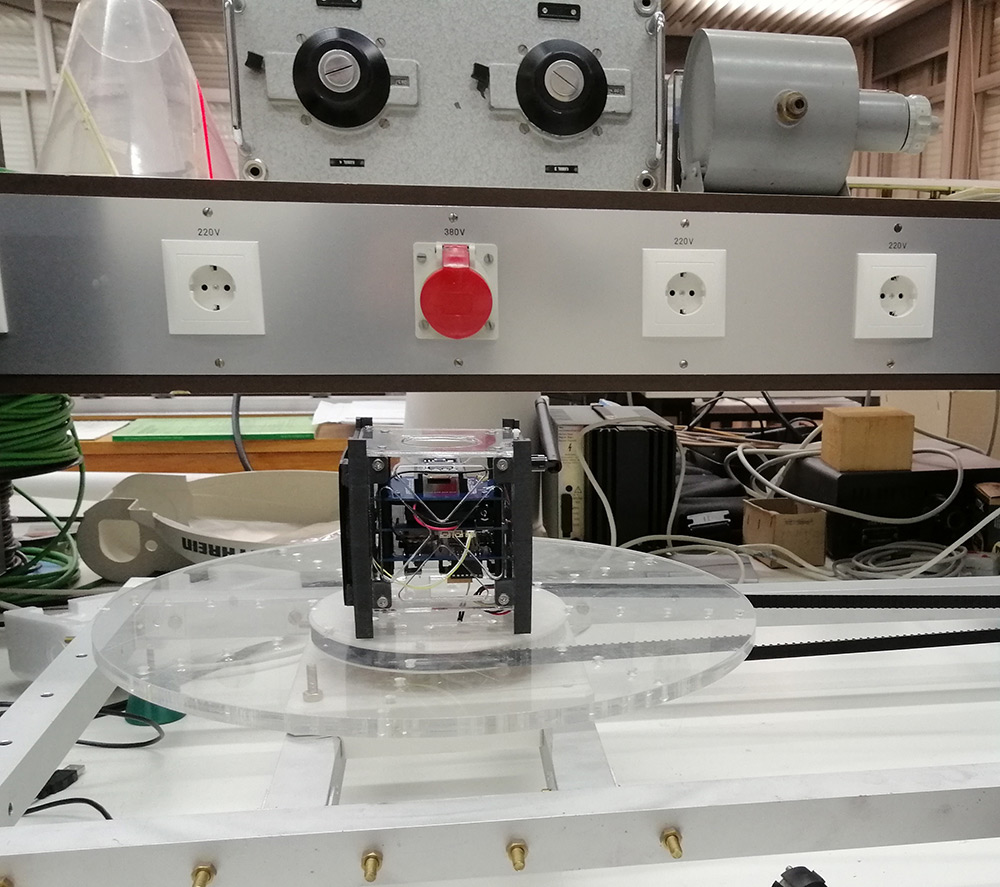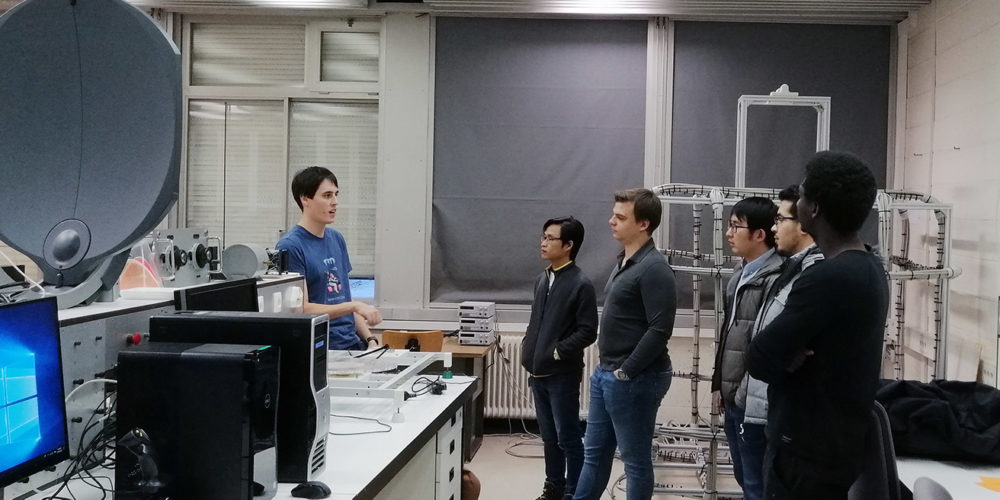Researchers at Embry-Riddle and the University of Luxembourg are collaborating in network-connected labs to develop technology for future space missions.
The Joint Space Research Lab is a partnership between Embry-Riddle’s Engineering Physics Propulsion Lab (EPPL) at the Daytona Beach Campus, the Worldwide Campus and the University of Luxembourg’s Research Unit in Engineering Science.
“The new lab explores steam propulsion technology for deep space exploration and prospecting missions,” says Edder Jose Rabadan Santana, a University of Luxembourg postdoctoral researcher helping to build the lab.
As humans go into deep space, it will become more critical for them to generate their own products with local materials, a practice called in-situ resource utilization (ISRU). The new lab will use virtual tools that simulate spacecraft control on the surface of the moon, Mars and asteroids to develop environment technologies for ISRU.
“The lab will provide Embry-Riddle with a partner in Europe to work with on joint research and access European grants,” says Bob Walton, associate professor at Embry-Riddle’s Worldwide Campus College of Business and EPPL representative in Europe.

Vision
Walton and Sergey Drakunov, professor of engineering physics and director of EPPL, saw the potential to extend projects into Europe, and the University of Luxembourg was similar to Embry-Riddle, in terms of space interest, which made it an ideal partner.
“This kind of collaboration is very exciting because it presents unique student exchange opportunities. The ability for students to conduct simultaneous research in labs either in the United States or Luxembourg, without physical parameters, not only enhances the environment for learning, it also enhances the potential for new ideas and solutions,” says John Watret, chancellor of Embry-Riddle’s Worldwide Campus. “This cooperation strongly supports strategic global initiatives that are in Embry-Riddle’s Strategic Plan to provide students with robust international learning opportunities.”
The partnership with the University of Luxembourg is possible because Embry-Riddle is fully licensed in Berlin, Germany, with a campus that opened there in 2007.
“Not every university can do this. We have experienced tremendous success with expansions in Brazil and Singapore, and we are very excited to have this unique partnership in Europe as it allows us to provide global opportunities for student and faculty interaction,” Watret says.
